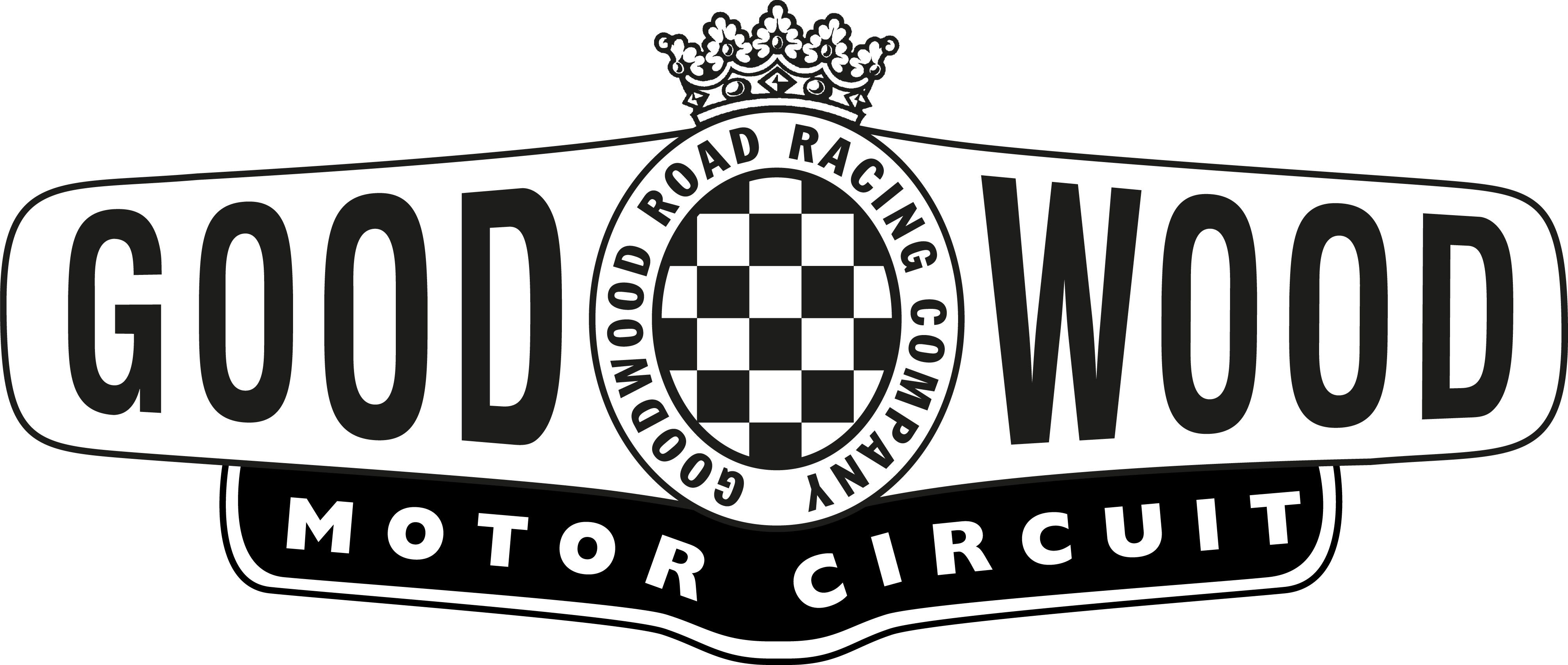Will there ever be another British MotoGP winner?
Why are there no British MotoGP winners? The answer is easy. It’s because there aren’t any British MotoGP starters. To modify an old racing proverb: To finish first, first you must start.

Since Cal Crutchlow retired at the end of 2020, there hasn’t been a single British rider to carry the flag in the premier class of motorcycle racing. And just to rub it in, in 2021 Jonathan Rea, champion in the second-tier World Superbike series from 2015 to 2020, was finally beaten to second place by rising Turkish star Toprak Razgatlioglu.
Cal was the real deal. Tough-talking and hard-charging, he won three MotoGP class GPs in his ten years in the series. The first, in the rain at Brno in 2016, was rather amazingly the first by a British rider since Barry Sheene’s last of 19 in Sweden in 1981. A gap of a quarter of a century.
Amazing because in the earlier years of the championship British riders were dominant, challenged – mainly in the smaller classes – by Italy. Even when British AJS and Norton machines gave way to the Italian Gileras and MV Agustas the names of Geoff Duke, John Surtees and Mike Hailwood carried the same weight as Rossi’s in the new century, and if Agostini interposed a long gap in the 1960s, it was Phil Read and Sheene who deposed him in the following decade.
From then on, it became more of a world rather than just European championship. New candidates came from the USA, led by Pat Hennen and Kenny Roberts, and followed by Eddie Lawson, Wayne Rainey (who will be starring at this year’s Festival of Speed presented by Mastercard, the three-time 500cc world champion riding his 1992 championship-winning Yamaha YZR500), Kevin Schwantz…
In 1987, Wayne Gardner won the first of a series for Australian riders, followed on by Mick Doohan and Casey Stoner.

The most significant change came in 1999, the year Alex Criville became the first Spaniard to take the premier-class title. It may have been largely thanks to the fact that Mick Doohan crashed out terminally early in the season, but the fact remains the same. And the soft-spoken Criville, who himself always looked rather surprised at his success, was the fore-runner of a new generation of Spanish stars.
Only Rossi was able to interrupt the domination, and even he was undone, a couple of times by Jorge Lorenzo and then serially by Marc Marquez.
Racing, the massive pit-lane and race-department teamwork aside, is an individual sport. Given the right back-up, it is individuals who claim the prizes. Like Fabio Quartararo’s 2021 title, the first ever for a French rider.
But there are clearly national trends, which without have doubt more to do with national infrastructure than national character.

Spanish success came after widespread and concerted training and development programmes for teens and pre-teens. Generously sponsored by Telefonica and Repsol and rigorously run by the likes of the austere Alberto Puig (former GP winner and now Repsol-Honda team manager, among other things) and former 125 champion and Marquez Svengali Emilio Alzamora, these were well-supported by the national federation as well as MotoGP rights-holders Dorna.
In this way, Spain gained importance, along with a growing number of circuits, The Spanish national championship supplanted the former European championship as the learner-class cousin to GPs. The Moto3 class now even rejoices in the title “Junior World Championship”, with the winner accorded special privileges, including under-age eligibility for the real World Championship.
The rest of the world has been catching up, led by the Red Bull Rookies Cup, founded in 2007, the conveyor belt taken by a number of current GP luminaries. Five graduates have been rewarded with world championships: Bastianini, Binder, Martin and Zarco in the smaller classes, and Joan Mir in Moto3 and MotoGP.
Red Bull followed a pattern set in Spain, riders recruited from a large number of applicants supplied with identical bikes, all KTMs and all prepared by the organisers. Regimentation included identical leathers, and even helmet ornamentation had to be pre-approved. The learners ran on full GP circuits at grand prix meetings, all eating together at the Red Bull hospitality – a self-contained academy of lucky youngsters.
Other series have followed, backed by Dorna and copying the patten closely, including the Northern European, and the Honda-supported Asia Talent Cup. A version in the United States however was short-lived, after a juvenile fatality in its early stages.

And in Britain? Yes, there is a British Talent Cup, inaugurated in 2018. The first winner, Rory Skinner, is currently finding his feet as a live wire in the British Superbike (BSB) series. The 2019 winner Scott Ogden, along with 2018 rider Josh Whatley, join the Moto3 World Championship this year, in an all-new VisionTrack Honda racing team run by former rider Michael Laverty. These are names that might be worth remembering.
But while it is somehow refreshing to note that the BTC riders are free to choose their own paint schemes, leather colours and helmet designs compared with the soulless uniformity of the Asian and other series, this reflects another major difference… A shortage of sponsorship. The riders have to buy their own bikes as well. Furthermore, BSB snaps up stay-at-home riders, in an independent and self-contained series with no international cross-over.
Don’t hold your breath waiting for the next British MotoGP winner.
Images courtesy of Motorsport Images.
Barry Sheene
John Surtees
Cal Crutchlow
MotoGP
MotoGP 2022





